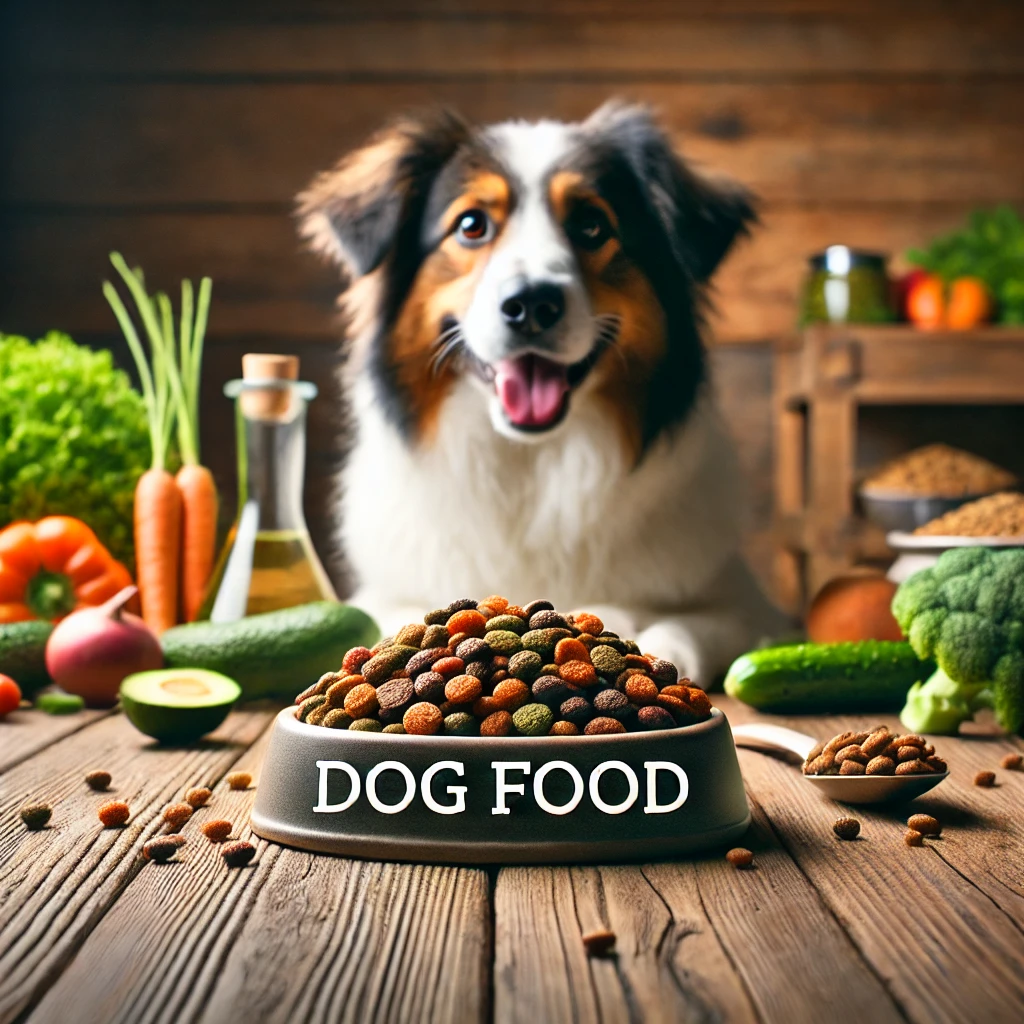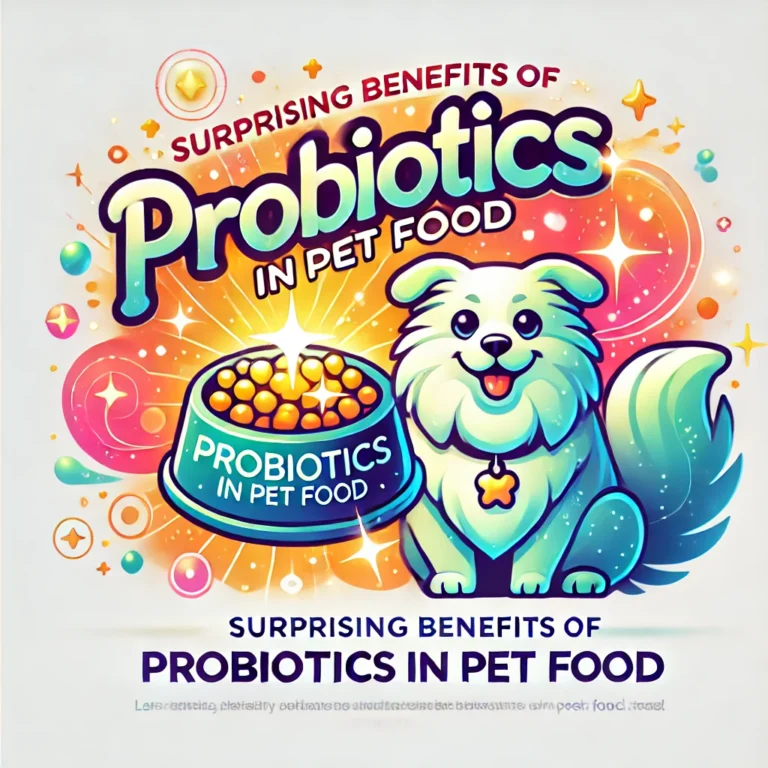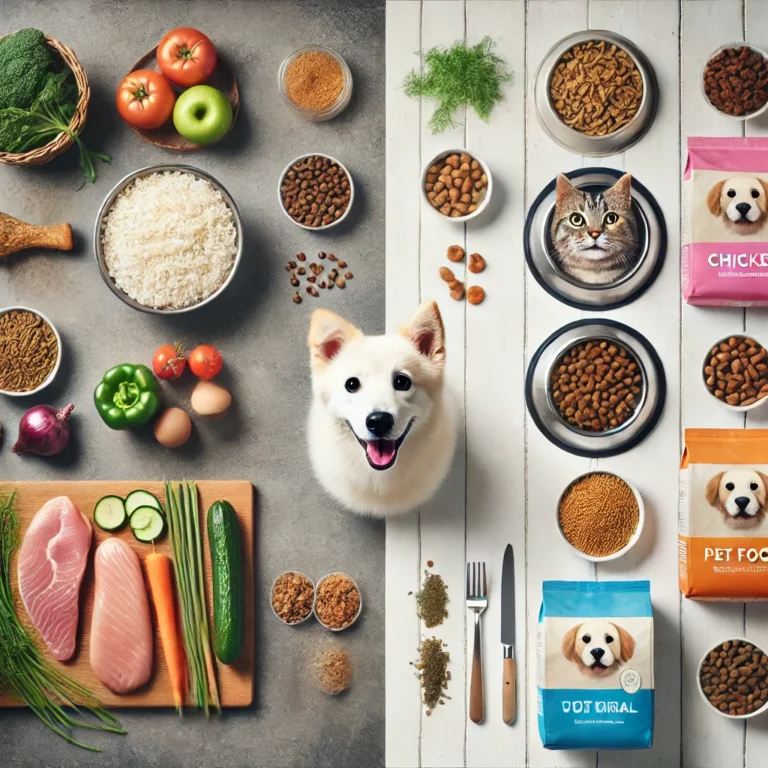Dog Food: The Ultimate Guide to Choosing the Best Nutrition for Your Dog

Introduction: Why Choosing the Right Dog Food Matters
Selecting the best food for your dog is a cornerstone of responsible pet ownership. Dog food impacts everything from your dog’s energy levels and coat shine to their long-term health. This guide provides a detailed look at what to consider when selecting dog food, types of diets available, and answers to the most common questions about dog nutrition.
Understanding Your Dog’s Nutritional Needs
Protein as a Building Block
Proteins are vital for muscle repair, growth, and energy. Look for dog food with high-quality animal proteins like chicken, beef, or fish listed as the first ingredient.
Carbohydrates for Energy
Complex carbohydrates like sweet potatoes and rice provide energy and support digestive health. Avoid fillers like corn and soy, which offer little nutritional value.
Healthy Fats for a Shiny Coat
Essential fatty acids, such as omega-3 and omega-6, promote skin health and give your dog’s coat its sheen.
Types of Dog Food

Dry Dog Food
Kibble is convenient, cost-effective, and excellent for dental health. Look for brands with natural ingredients and avoid artificial preservatives.
Wet Dog Food
Canned dog food is flavorful and hydrating, making it ideal for picky eaters or dogs with chewing difficulties.
Raw Diets
A raw diet includes fresh meats, bones, and vegetables, providing nutrients in their most natural form. However, it requires careful preparation to ensure safety.
Grain-Free Options
Grain-free diets are popular for dogs with food sensitivities. These foods replace grains with vegetables and legumes, catering to dogs with allergies.
What to Look for in Quality Dog Food
Check the Ingredients
High-quality dog foods list meat as the first ingredient. Avoid products with excessive fillers, artificial flavors, and by-products.
Look for AAFCO Approval
The Association of American Feed Control Officials (AAFCO) ensures dog food meets specific nutritional standards.
Assess Your Dog’s Response
Monitor your dog for changes in coat quality, energy levels, and digestive health to gauge whether the food suits them.
Common Myths About Dog Food
“Dogs Should Only Eat Meat”
While protein is essential, dogs are omnivores and benefit from a balanced diet including vegetables and grains.
“Homemade Dog Food Is Always Better”
Homemade diets can lack essential nutrients if not carefully formulated.
“Grain-Free Is Always Healthier”
Grain-free diets are beneficial for some dogs but not all. Consult your vet before switching.
FAQs About Dog Food
- How Often Should I Feed My Dog? The frequency depends on your dog’s age and activity level. Puppies may need three to four meals daily, while adult dogs often thrive on two.
- Can I Switch My Dog’s Food Suddenly? Gradual transitions are recommended to avoid digestive upset. Mix increasing amounts of the new food with the old over 7-10 days.
- What Should I Do If My Dog Has Food Allergies? Look for limited-ingredient diets or hypoallergenic formulas. Consult your vet for specific recommendations.
- Are Expensive Dog Foods Worth It? Higher-priced foods often contain better ingredients, but always check the label for quality.
- How Do I Store Dog Food? Store kibble in a cool, dry place and keep wet food refrigerated after opening.
Conclusion: Choosing the Best Dog Food for Your Furry Friend
Selecting the right dog food ensures your pet stays healthy, active, and happy. Take the time to research, consult your vet, and monitor your dog’s health to find the perfect fit.
For premium pet care products and expert tips, visit Kyopetcare.com. Explore our wide range of pet-friendly solutions to make this holiday season unforgettable!





